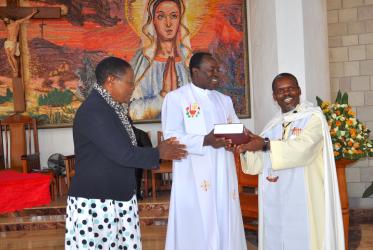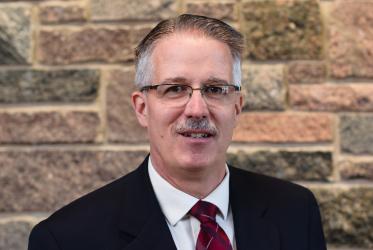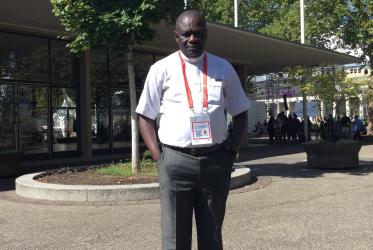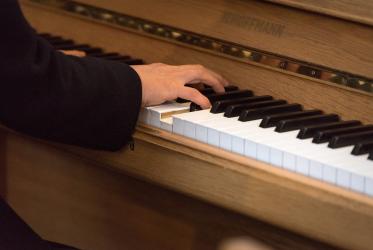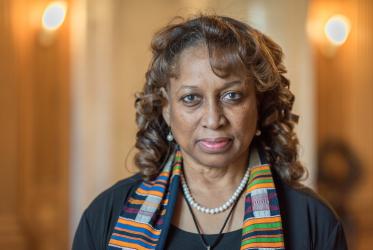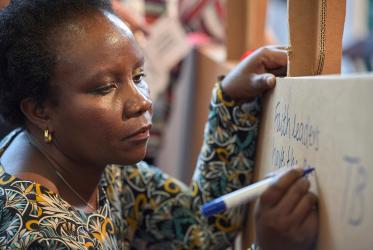Displaying 1 - 20 of 34
Churches in Africa agree on guidelines for disability inclusion
19 December 2023
WCC institute encouraged rethinking theology
23 November 2023
Pandemic and pedagogy: what are the valuable lessons?
21 December 2022
Rev. Dr Angelique Walker-Smith receives Figel Ecumenism Award
25 February 2022
WCC leaders recall life-changing experiences from early days
10 February 2022









